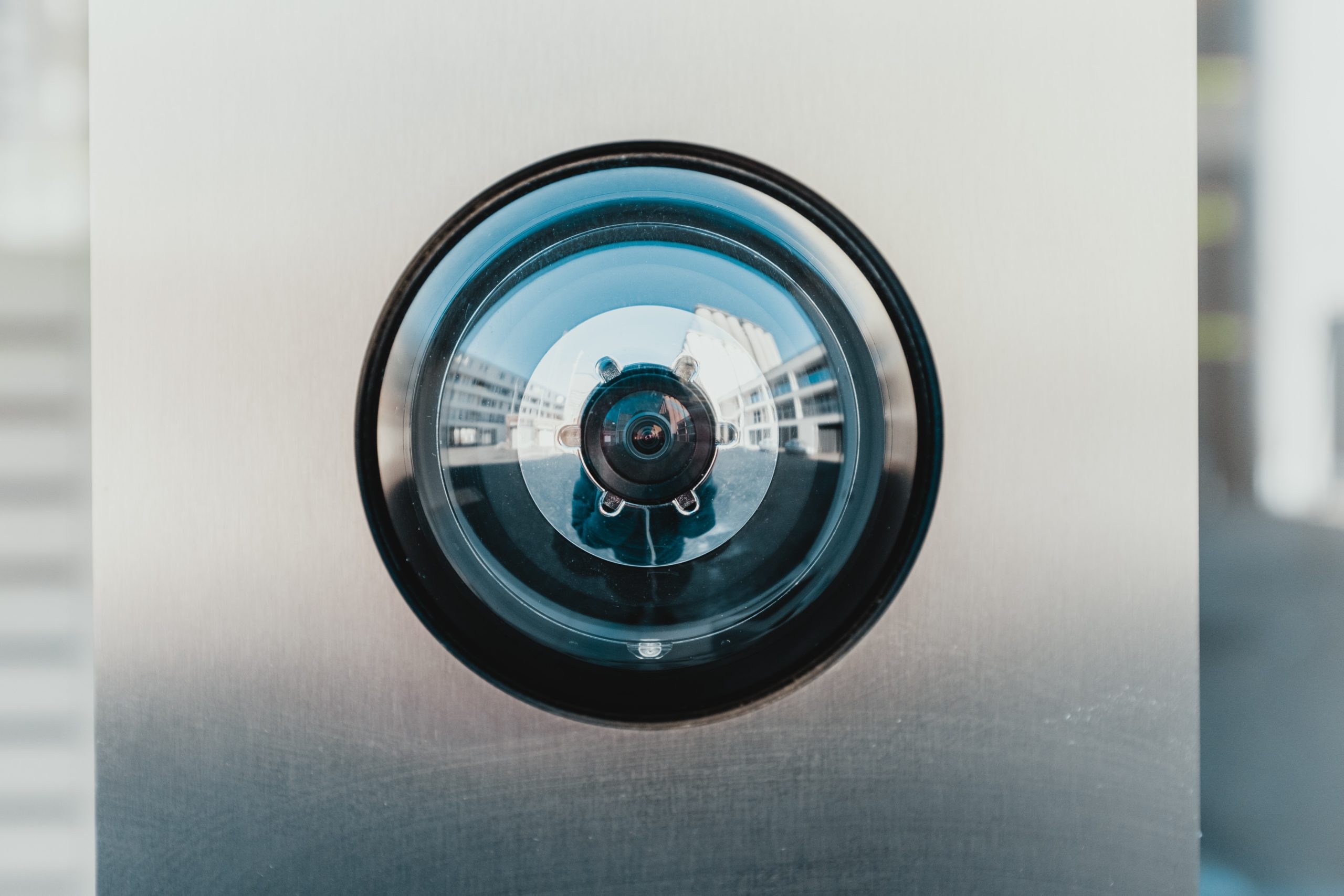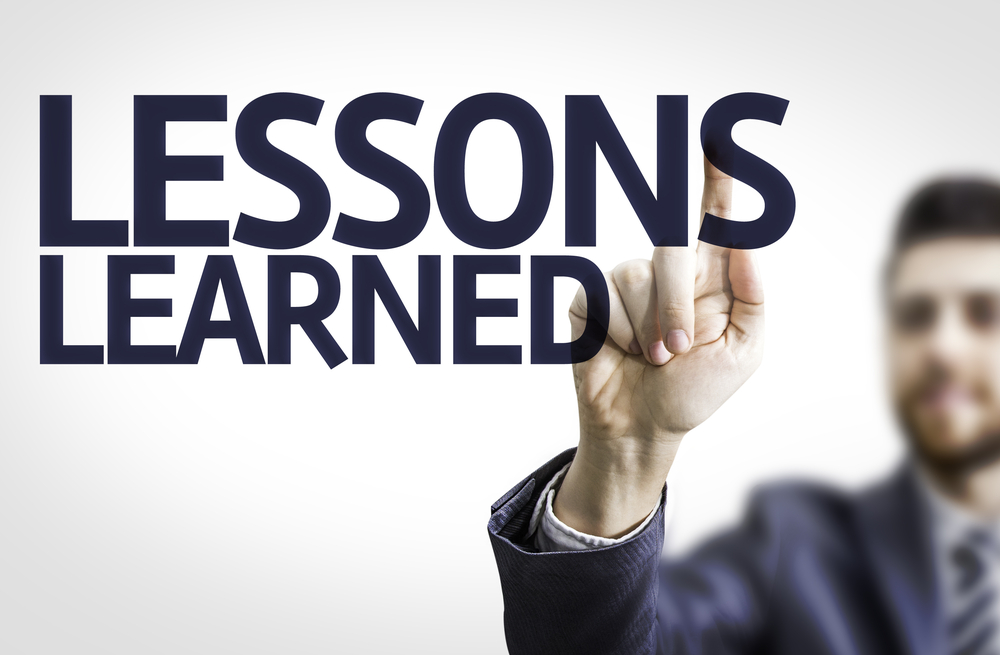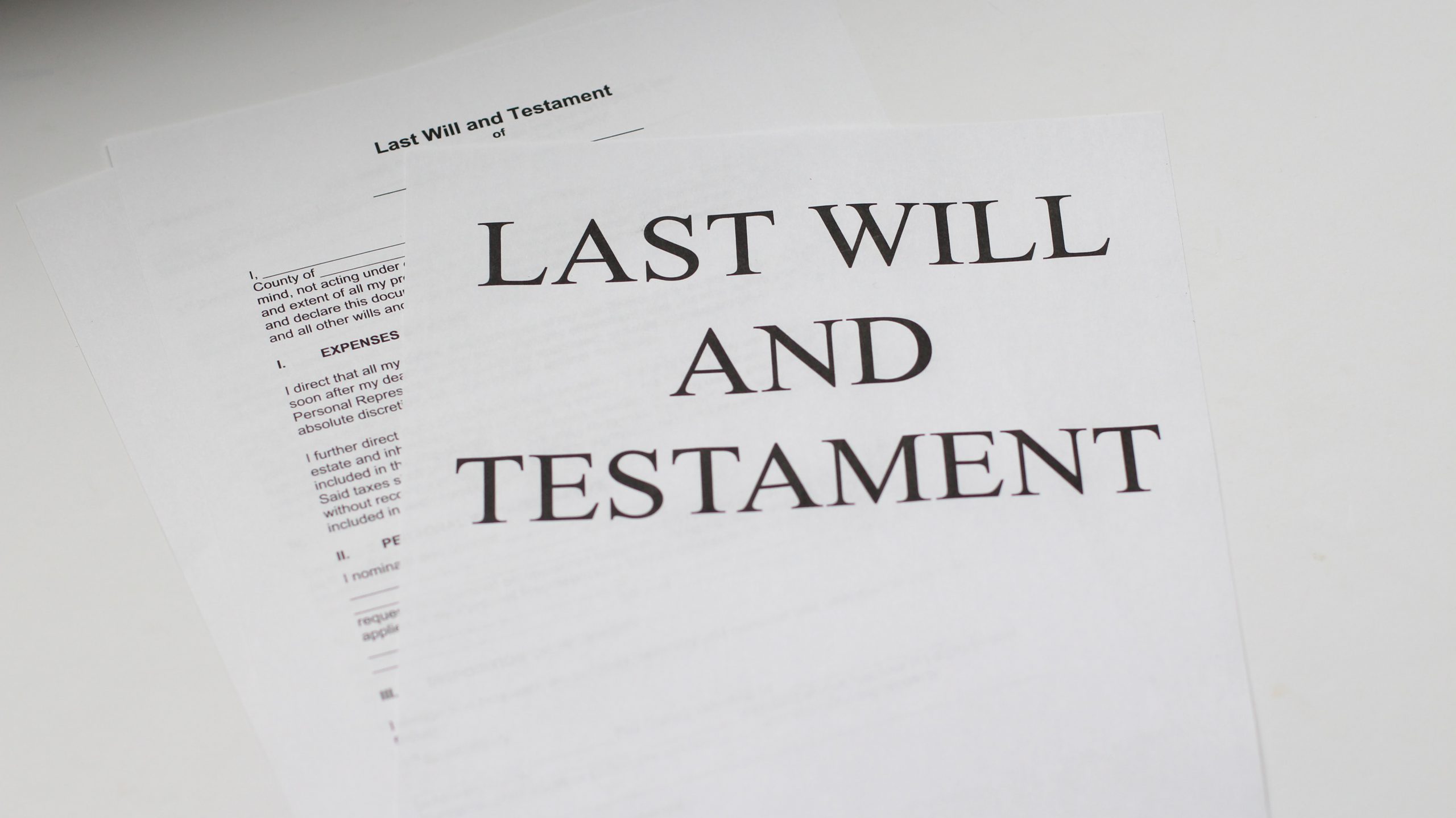A Properly Drafted Engagement Letter Can Help Defend Legal Malpractice Claims
At ALPS, we strongly encourage you to use engagement letters — so much so that if a claim is made against you and handled under certain policy forms,...
2 min read
 Stacey K. Smith, Esq. Director of Claims
:
Updated on November 14, 2023 | Posted on June 16, 2022
Stacey K. Smith, Esq. Director of Claims
:
Updated on November 14, 2023 | Posted on June 16, 2022

Beware the client who brings you electronic recordings!
Many or most clients have the ability to video people or record conversations with their cell phones. Additionally, with the advent of The Internet of Things, the ability to obtain electronic evidence from devices like Alexa or Ring has also significantly increased. This relatively easy access to technology may tempt some clients to attempt to gain evidence against the opposing party in their dispute. This tactic is most common in domestic relations matters but has also been used in disputes between beneficiaries in estate matters, personal injury disputes, and real estate disputes to name a few.
Beware the client who attempts to provide you with these recordings/videos/electronic evidence. As you may or may not be aware, there are various Federal and State electronic and data privacy laws. Your client may very well have unknowingly violated these laws in an attempt to gather evidence to support their case. At ALPS we have seen the person whose evidence was obtained sue not only the client but the attorney as well. In other situations, the clients who recorded this evidence in the first place sue the attorneys for failing to advise them of the risk of criminal prosecution.
So, what can you do to safeguard yourself from this uncomfortable situation?
First, as part of your file opening procedures when you first speak with a potential client, advise the client that it can be against the law if they have obtained electronic evidence or are considering obtaining it. Make sure to advise the client that he or she could face criminal consequences if the client attempts to obtain or use that evidence.
Second, document that you have provided this advice to the client, and if they have further questions, refer them to attorneys who concentrate their practice in criminal law or data privacy law.
Third, if your client attempts to provide you with such evidence, refuse to accept it. Document in an email that you are not going to accept this evidence and again, recommend that they speak with a criminal or data privacy attorney.
Fourth, educate yourself on both the laws in your state as well as any federal laws. Remember too that sometimes the evidence can come from another state which may have different laws than your state. Even if an audio or video recording is allowable in your state, the recording may have been obtained in another state in which it was against the law.
Fifth, consider retaining an electronic data expert before you think about using such evidence even if you think it was properly and legally retained.
Finally, consider including a warning and your position regarding electronic evidence in your retainer agreement.
While attorneys can’t always stop clients from doing foolish things, at least in the case of improperly obtained electronic evidence, by being aware of these potential pitfalls you may be able to keep your client and yourself out of trouble.

At ALPS, we strongly encourage you to use engagement letters — so much so that if a claim is made against you and handled under certain policy forms,...

3 min read
A jack is a tool with utilitarian value used for practical and beneficial purposes. We jack up a vehicle to change a flat tire. Or we jack up a...

3 min read
“Baby Boomers, the generation of people born between 1944 and 1964, are expected to transfer $30 trillion in wealth to younger generations over the...